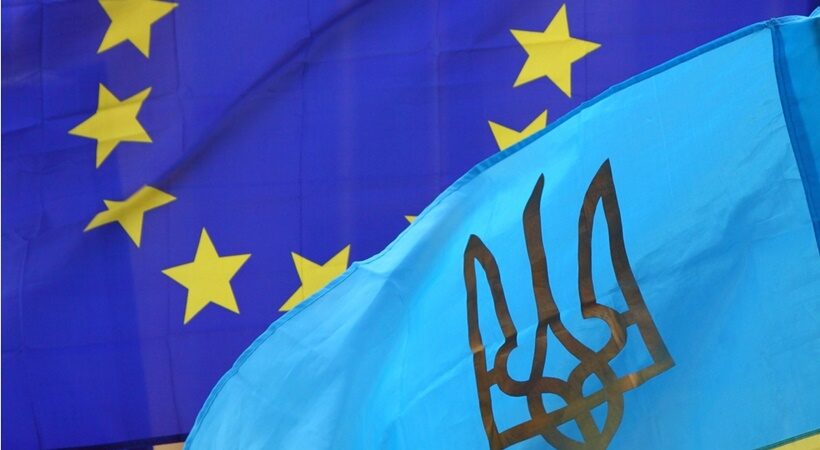Activists and legislators in Kyiv are lobbying the European Union to welcome Ukraine into the European Blockchain Partnership. They believe that the recently passed “On Virtual Assets” law will help the country become a blockchain leader on the continent.
Members of the public union “Virtual Assets of Ukraine” and Blockchain4Ukraine, an inter-factional organization of Ukrainian legislators, are advocating for Ukraine to join the European Blockchain Partnership in its entirety (EBP). Representatives from both groups have pleaded with EU institutions to allow their countries to join the effort.
According to the crypto news outlet Forklog, letters with the petition were written to European Commission President Ursula von der Leyen, her cabinet chief Bjoern Seibert, and Anthony Whelan, who works as a digital policy adviser to the executive body in Brussels.
The writers of the letter argue that, once the military conflict with Russia is over, blockchain technology can help Ukraine rebuild by enabling the provision of cross-border services. “EBP will speed this recovery while also supporting Ukraine’s continued integration with the EU,” they were quoted as saying.
When the Russian Federation launched its military invasion in late February, Ukraine, a leader in crypto adoption in Eastern Europe, was on the verge of thoroughly regulating its crypto sector. The measure “On Virtual Assets” was passed by the Verkhovna Rada, Ukraine’s parliament, earlier that month. In mid-March, President Volodymyr Zelenskyy signed it into law.
The Ukrainian government has relied on cryptocurrency donations to address defence and humanitarian issues. Officials behind the EBP initiative are also optimistic that the new legislation would enable Ukraine to become a “European blockchain leader” in the future.
Bjoern Seibert said last summer that the EBP member states were willing to consider awarding Ukraine observer status. As demanded by the Ukrainians, full membership would connect the country to the European Blockchain Services Infrastructure (EBSI), which allows access to a greater range of cross-border electronic services.



















